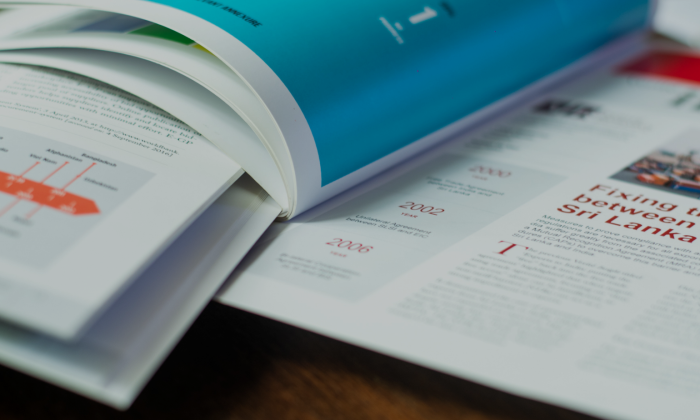


The International Monetary Fund (IMF) has expressed cautious optimism regarding Sri Lanka's proposed Temasek-type holding company for State-owned Enterprises (SOEs), cautioning that its success hinges on robust governance. According to the IMF, effective governance is pivotal, as poor structuring and governance could exacerbate issues rather than resolve them. The IMF emphasized that while the holding company model aims to enhance governance by removing line ministries from direct management, there are inherent risks. These risks include potential layers added to governance structures that might compromise transparency and accountability of SOEs, rather than bolstering them.
In response to Sri Lanka's forthcoming SOE Act, the IMF noted alignment with good governance principles in the reform policy. The IMF acknowledged that if implemented as planned, the reforms could yield improved fiscal and governance outcomes for commercial SOEs. However, the IMF stressed that the success of these reforms heavily relies on the independence, competence, and diligence of the holding company's board and management. Additionally, effective oversight mechanisms, such as the proposed Advisory Committee devoid of political influence, are deemed critical. Furthermore, the IMF recommended the establishment of model performance contracts and transparency measures, such as quarterly accounts and annual reports akin to listed entities, to enhance leadership and accountability within state-owned firms.